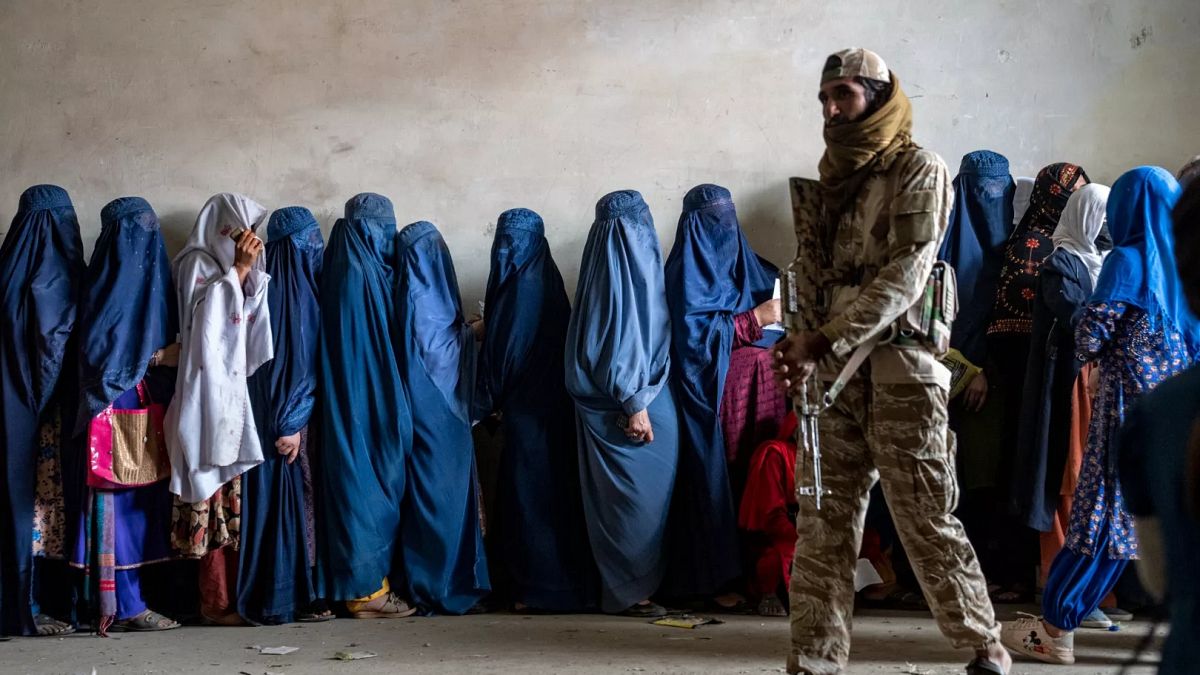

The global community is increasingly focused on recent events and reports that highlight the challenges and human rights concerns unfolding in several regions of the world. Each of these instances brings to light the complexities and humanitarian impacts of ongoing conflicts and governance issues.
In Afghanistan, the United Nations has expressed its concern regarding the arrest of women and girls by the Taliban for alleged dress code violations. Since returning to power in 2021, the Taliban has implemented and enforced stringent morality laws, dictating the public dress and behavior of women. This crackdown is part of a broader reimposition of conservative measures intended to restrict women’s freedoms, reminiscent of the previous Taliban rule. The arrests signal a troubling trend towards increased surveillance and control over women’s personal choices, impacting their daily lives and overall societal roles.
Meanwhile, an investigation by The Insider has uncovered troubling practices in Russia, where young children are being drawn into military technology development. Through what initially seem like harmless nationwide competitions centered around video games, talented youngsters are identified and poached by defense companies. These children are then involved in designing and testing drones used in military operations against Ukraine. This systematic involvement of the youth in military activities demonstrates how deeply embedded militaristic ideals have become in the country’s educational and cultural frameworks, raising ethical questions about the exploitation of minors in conflict scenarios.
The situation in Gaza remains critical, further highlighted by recent escalations. Over the past 24 hours, at least 72 Palestinians have lost their lives due to Israeli fire, with conditions in Gaza being described as dire by UN officials. Amidst the ongoing violence, facilities run by the World Health Organization have been targeted, causing significant disruptions to humanitarian aid operations. The removal of Jonathan Whittall, a prominent UN aid worker, has drawn widespread international condemnation and escalated tensions further. Despite these challenges, the global community continues to call for restraint and the prioritization of humanitarian needs.
These developments call for urgent and concerted efforts on multiple levels. In Afghanistan, dialogues emphasizing women’s rights and freedom are essential to address the suppression of half the population. In Russia, international bodies need to engage in diplomatic discussions to halt the military exploitation of the youth. Finally, in Gaza, an increased focus on ceasefires and humanitarian access is necessary to alleviate the dire living conditions of the civilians caught in the conflict. Collectively, these situations underscore the importance of continued international vigilance and advocacy for human rights and peaceful resolutions. The world community stands at a critical juncture where collaborative intervention could pave the way for long-term stability and peace.
Source: {link}
